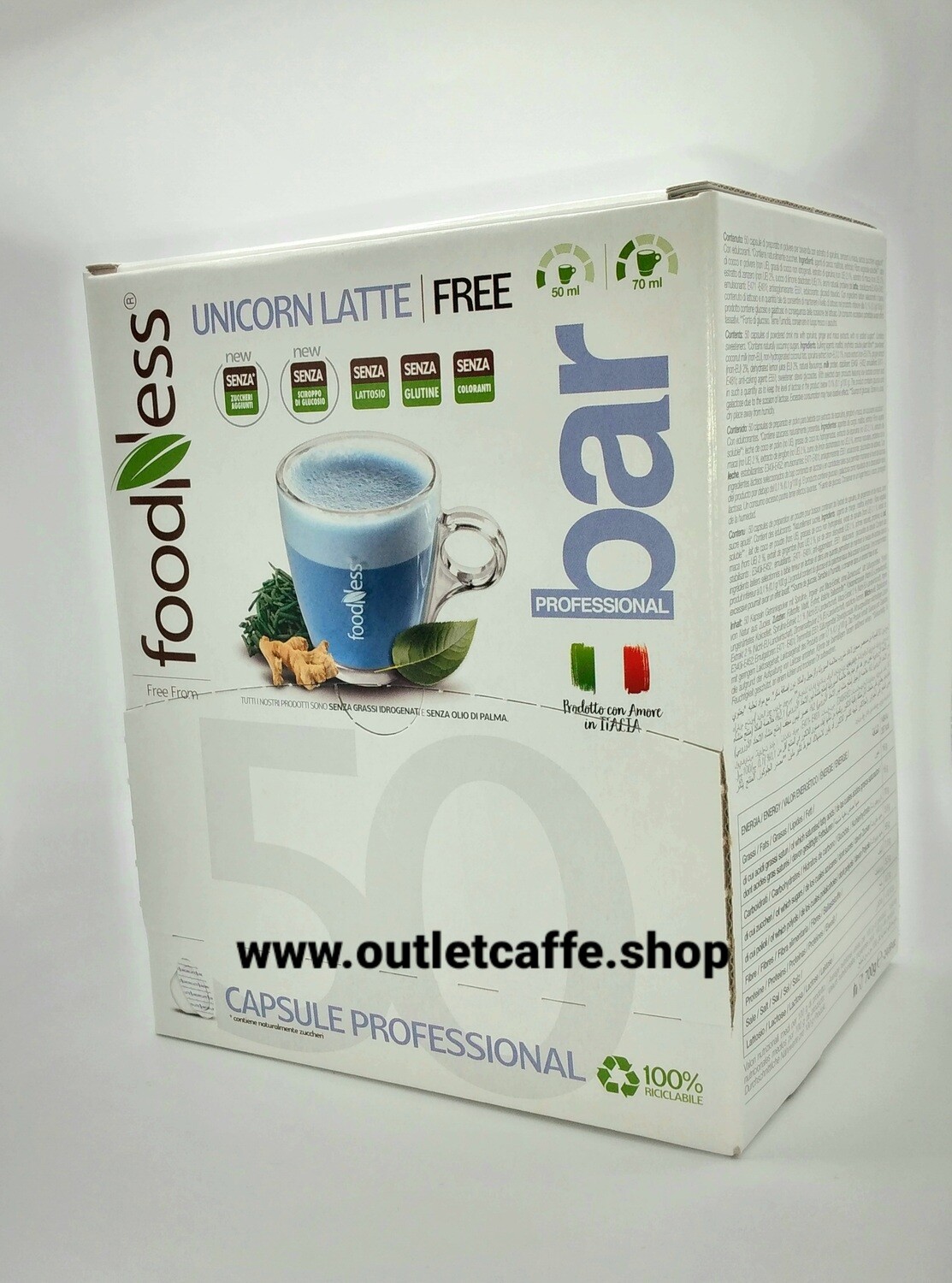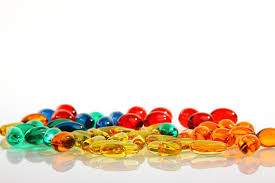
Whether you're an employer or employee looking for the best CBD drug test available, there are some things to keep in mind before you schedule one. First, it is important to know that CBD isn't the same as marijuana. It won't make you feel high or affect your work performance.
Cannabidiol
Cannabidiol can be described as a compound obtained from the hemp plant. Cannabidiol can also be detected in humans by drug tests. This compound is insoluble in fat and stored in the body's reserve. A drug test with cannabidiol may be failed by a person for months.
Hemp-derived CBD
You should use a CBD-derived drug test if you are looking to pass a drug screen. These products contain less than 0.3% THC and are legal to use in the United States. You may get contaminated results from hemp-derived CBD.

Full-spectrum CBD
Full-spectrum CBD oils contain a wide range of cannabinoid substances found in the hemp plant. These can include low levels of THC (under 0.3% according to federal law), flavonoids and terpenes as well as other cannabinoids. Full-spectrum CBD products have low to no THC because of the potential for euphoric effects.
Hemp-derived CBD contains less than 0.3% of THC
Hemp-derived CBD, also known as CBD oil, is able to pass a drug test but should never exceed 0.3%. Even though the legal limit is lower, marijuana-derived CBD is still considered Schedule I. This means that it is important to fully understand what you are buying before you start using hemp-derived CBD.
Hemp-derived CBD with trace amounts THC
THC, a compound found in marijuana, can be detected in urine if it is tested for. THC metabolites are produced by the body, which can be detected up to 30 days after the last use. These tests can be passed for CBD products derived from hemp, which may contain trace amounts THC.
CBD oil can be used before a drug screening
CBD oil can be a concern if it is detected in your drug test. It is not a problem for certain states. Make sure you only use reputable brands before taking this supplement.

Before you submit to a drug testing, it is best to avoid THC products
It is a good idea to avoid products containing THC before you undergo a CBD drug testing. One reason is that full-spectrum CBD products can contain trace amounts THC. This can make it appear positive during a drug screening. Workplaces might occasionally conduct random drug screenings. This is why it is important to not ingest CBD products within two weeks of the test.
Testing for THC-COOH
When it comes to a CBD drug test, it's important to look for the THC-COOH metabolite. This substance is found in urine from marijuana users. THC is detected, but the test also detects other cannabinoids including CBD. Liquid chromatography is used to screen this type of drug.
FAQ
What are the best ways to use CBD?
CBD is best used as an alternative treatment to anxiety. You can also use CBD to treat anxiety, pain, insomnia, epilepsy and inflammation.
CBD can be taken in many ways. CBD is available in many forms.
CBD can provide many benefits. It has been shown in studies to alleviate chronic pain, PTSD, anxiety, among other things.
Can I use CBD during pregnancy?
There isn't enough research to know if CBD is safe to use during pregnancy.
But based on the limited amount of information available, it appears unlikely that CBD would cause harm to the baby.
It is important to remember that CBD should not only be used by women who are pregnant, but also by those who have been recommended by their doctor.
The Food and Drug Administration published a warning about potential health risks when CBD is taken while pregnant.
FDA stated that there was evidence that marijuana use during pregnancy might increase the risk for miscarriage.
The agency added that more research is needed before a firm conclusion can be drawn.
Is CBD still a viable alternative?
The answer is yes. However, it is not because of its medical benefits. Its ability to make people feel better without feeling high is what makes it so attractive.
It is a great alternative to prescription drugs because it doesn't make your feel different.
We know that cannabis can help with anxiety, depression, pain relief, insomnia, and other conditions, as evidenced by numerous studies.
Cannabinoids, also found in cannabis are thought to interact with our brain receptors. This interaction produces feelings of relaxation and well-being.
If you are interested in cannabidiol oil (CBD) for your health, it is important to know what it is and how it affects you.
Is the CBD market growing?
The answer is yes The answer is yes! Legalization will continue to spread across North America, and this growth will continue. Canada has legalized recreational marijuana use in the past year, and several states have passed laws regarding medical marijuana.
This trend will likely continue at least another ten years, as more states adopt legislation allowing medicinal marijuana.
Economically, legalizing marijuana makes economic sense. As well as providing a lucrative alternative market for farmers, there are many other benefits to legalizing pot.
It could help decrease crime rates by reducing illegal drug availability. It could also bring in tax revenue to governments.
As legal weed becomes more popular, many people will choose to reduce their alcohol consumption. This would lead to fewer hangovers as well as lower health care costs.
Chronic pain sufferers may find that marijuana can actually improve their quality of life. Many believe THC, the active component in marijuana, is responsible for relieving symptoms like muscle spasms or nausea that can be caused by chemotherapy.
Finally, marijuana might become a valuable tool for treating mental illnesses such as depression and anxiety. Some studies show that marijuana can even be used to treat schizophrenia.
Even though the CBD industry looks promising, there are still many challenges to be overcome.
Which states have the highest CBD consumption?
California, Colorado and Oregon are the top three states. These states are home to large populations with high incomes and low unemployment rates. They also have a higher number of hemp farms compared to other states.
California is leading the way, as its economy is heavily dependent upon agriculture. California produces a lot of the country's fruits, vegetables. This makes sense because cannabis is extracted from the same plants as hemp.
Oregon and Colorado are close behind, as they both grow marijuana for medical purposes. California and Oregon, however, don't allow recreational use of marijuana.
Other states that rank highly includes Washington, New York, Florida, Illinois, Pennsylvania, Mississippi, and Texas.
Statistics
- While the primary injury may not be treatable, interventions that attenuate secondary sequelae are likely to be of benefit [203].Only one study (ncbi.nlm.nih.gov)
- OralWhere HED is the human equivalent dose, and Km is a correction factor estimated by dividing the average body mass (BM) of the species (60, 0.020, and 0.150 kg for 11 humans, mice, and rats, respectively) and by its surface area (see: Nair et al. (ncbi.nlm.nih.gov)
- however, one study also found that these effects were virtually abolished when the original media (a nutrient broth agar) was replaced with one containing 5% blood (increasing the minimum concentration to ~160 μM CBD) [179]. (ncbi.nlm.nih.gov)
- HR −16 mmHg; 95% CI −26, −6; I2 = 92%) (ncbi.nlm.nih.gov)
- As a substance that was federally illegal before the passage of the 2018 Farm Bill, hemp-derived cannabinoids with no more than 0.3% THC still face a regulatory grey area. (forbes.com)
External Links
How To
How To Get Certified For Selling CBD Products
CBD (cannabidiol) is one of the hundreds of cannabinoids found in cannabis plants. It's been used medicinally throughout history, including traditionally in China, India, and many South American countries. The ability to treat conditions such anxiety, pains, epilepsy, and inflammation has made CBD products extremely popular in recent times. However, CBD products cannot be sold by anyone unless they are certified by the U.S. This means that any person who wants to sell CBD products must use the "unofficial" process called self-certification.
There are two ways to go about this. The first is to join a local association of canna-business owners. This allows you to network with other owners and get advice and support. There are many associations in the country. Another option is to go online. Many states allow canna businesses to operate online. If you have the permission, you can start accepting orders and set up your website. However, registration is required with your state Department of Public Health. After you have registered, you can apply for a license from your state's Department of Public Health. Once you have your license, it is legal to open your shop and accept orders.